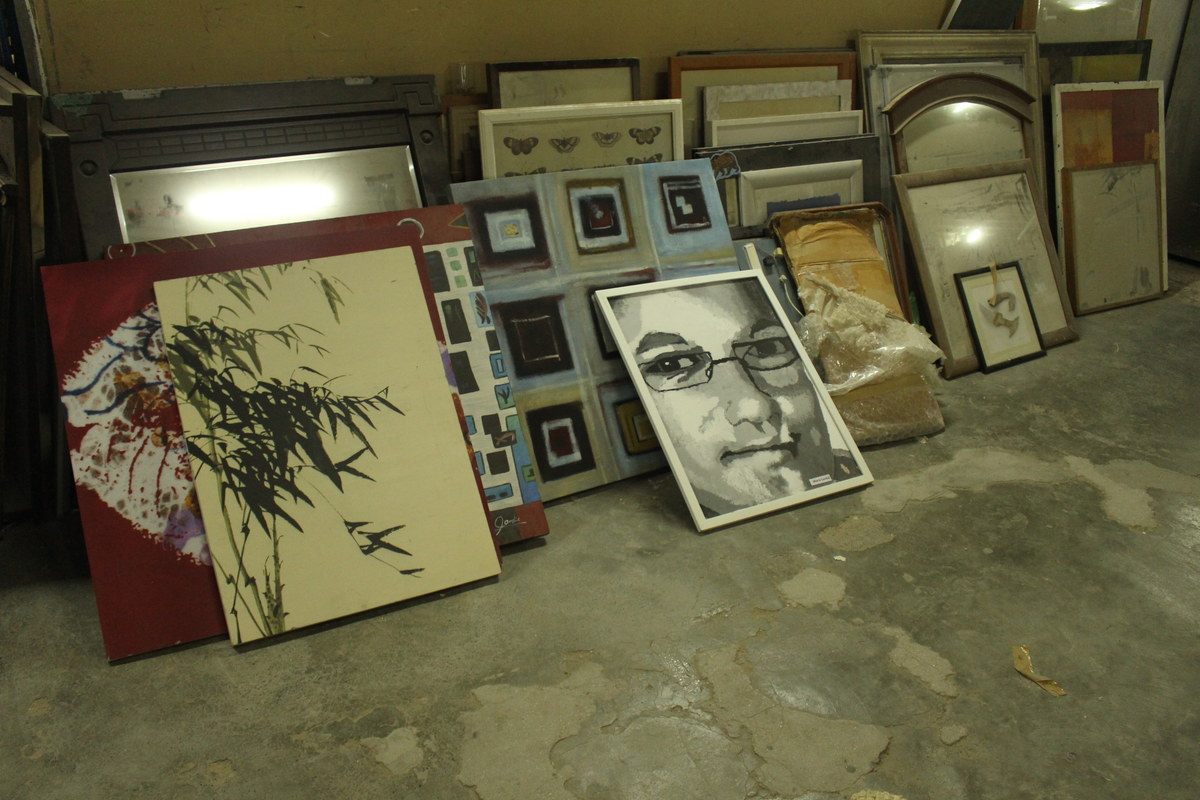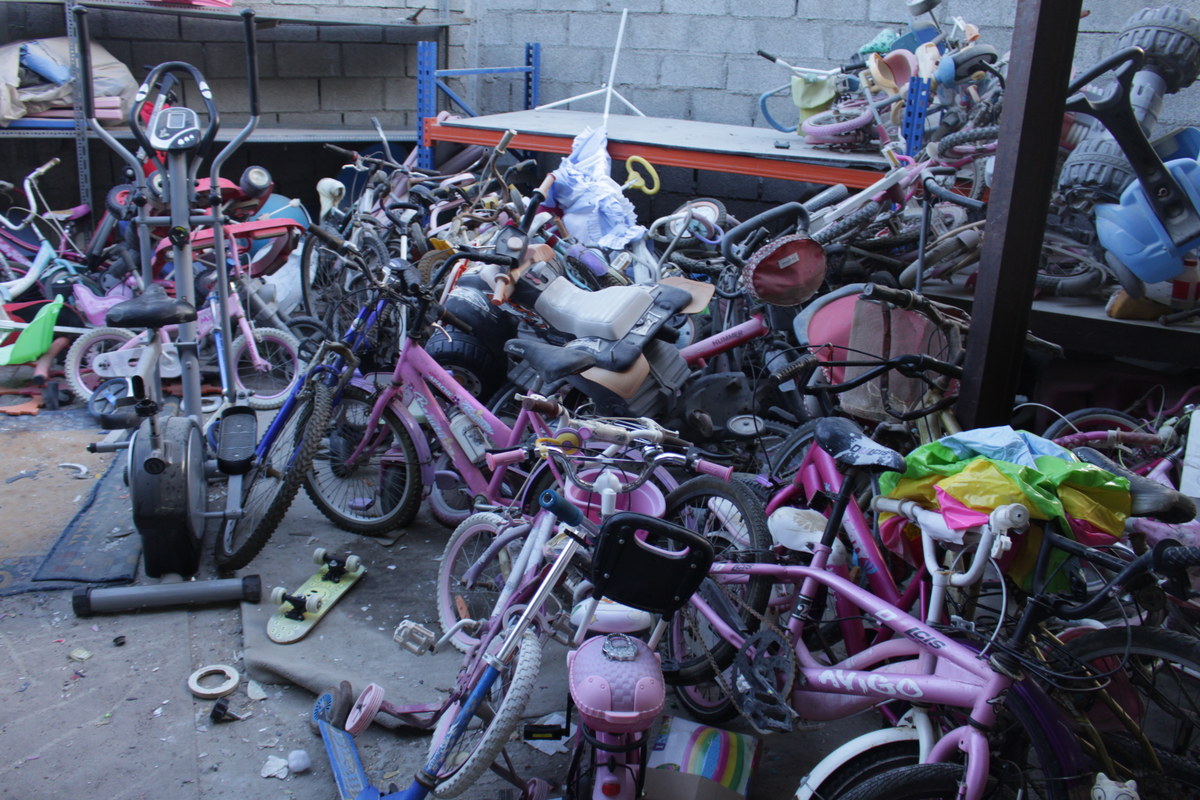AJMAN: A mug from HardRock café sits right next to a plastic trophy resembling the Oscar statuette at a massive warehouse in Ajman that collects junk from homes and turns it into treasure. One can also see rare paintings, books and other unique items at the depository.
“The UAE is like a massive airport,” said Faisal Khan, the Pakistani owner of TakeMyJunk, a service that picks up stuff free of cost and sells it to middle- and lower-income families.
Launched 10 years ago and based on the waste segregation system in Canada, the idea is now a roaring success in the United Arab Emirates.
“Dubai is a transit city. People come here for a few years and then all that they have made has to be sold or thrown away. Sometimes people don’t have enough time to sell their belongings. That’s where companies like us come in and pick up the stuff,” he added.
All items are transported to the warehouse in Ajman, sorted, refurbished and then sold at nominal prices to customers hunting for a good deal.

Discarded portraits at warehouse, Ajman, UAE ( ( supplied by TakeMyJunk)
Some items are given away too, if people cannot afford them. Course books, clothes and kitchen items are often a steal.
“I recently started save-a-sofa campaign which triggered hundreds of people to call. We repaired the sofas and tried to sell them, if possible, and then we gave them away to 150,000 workers in a 14 km radius behind the warehouses,” Khan told Arab News.
Every week, the company still delivers items that cannot be sold to workers who find them useful.
The company started operating on 400 square feet of space and has now expanded to a double-story building that covers 100,000 sq ft. It had one truck and now owns 35. The number of employees was two 10 years ago and is now 35.
44-year-old Khan himself drove around Dubai’s high-end residential area when the business began, collecting anything from towels and clothes to furniture from expats who would have thrown them away before returning home.
Today, his hotline hardly stops buzzing. “The people here are educated and don’t want to throw stuff away on the streets. They prefer to call us and, if needed, we buy things in bulk or just pick up their junk,” he said.

Popular deals: Meeting the needs of kids too Ajman, UAE ( supplied by TakeMyJunk)
There are no fixed prices, but customers still try to bargain.
“We are not a charity shop but we provide stuff to lower and middle classes,” Shaikh Galib Hussain, sales and marketing manager who was recently hired to manage the expanding business, explained.
“Our target is not to let it go,” he said. “Even if people want to give away books or clothes, we take them and make them useful.”
Hussain said the money from the sales was used to manage the company’s day-to-day operations. “There is a huge cost involved in transportation, staff maintenance, obtaining licenses, restoring furniture etc.”
Prasana Urlal, who has been living in the UAE for nine years, told Arab News he was a frequent visitor of the shop.
“Stuff here is good and if I had to buy from outside, it would have been very expensive,” said the Indian national.
Items such as furniture, books, clothes, kitchen items, electronics are picked up. If they cannot be repaired and sold, they are sent for recycling.
On an average, the company’s workers collect around 5,000 items while 1,000 people walk into the warehouse daily. Since the work is done free of cost, people often tip the workers.
“I don’t think the demand for these items will go down in the near future because the population keeps increasing and is moving,” said Khan. “This will keep our business going and help those in need too.”

















